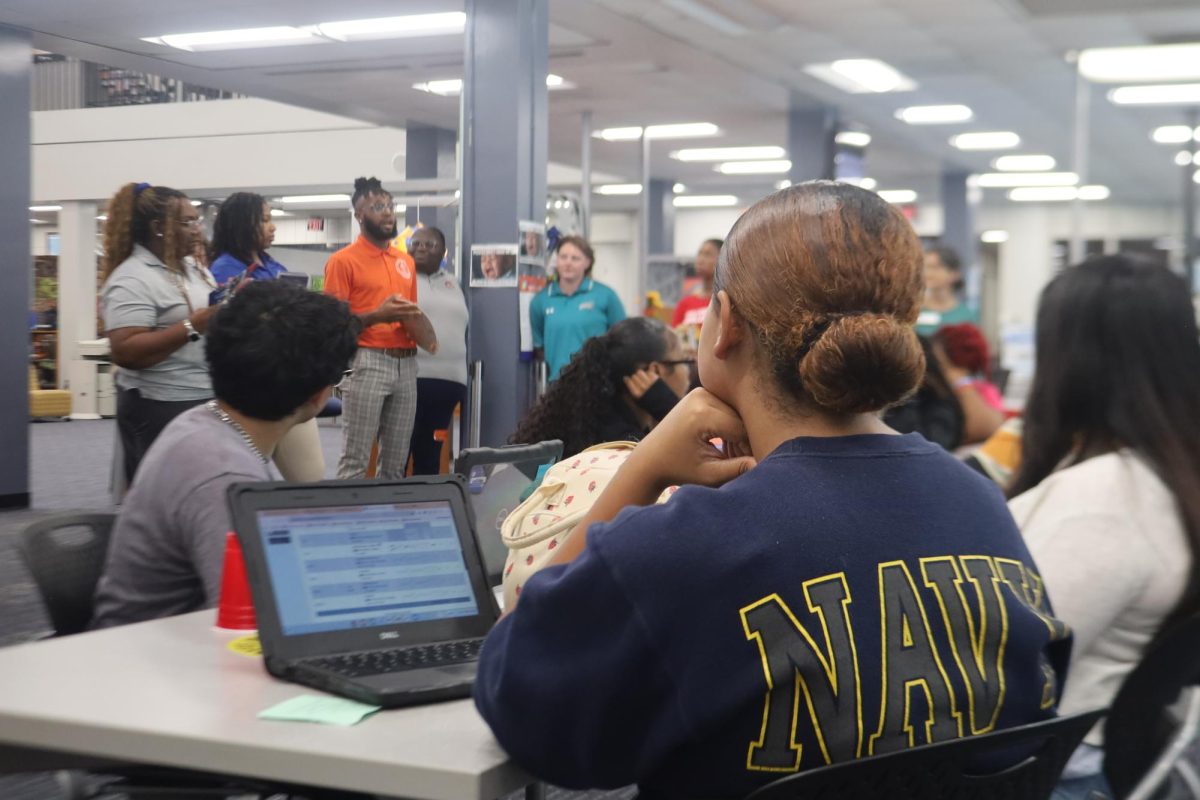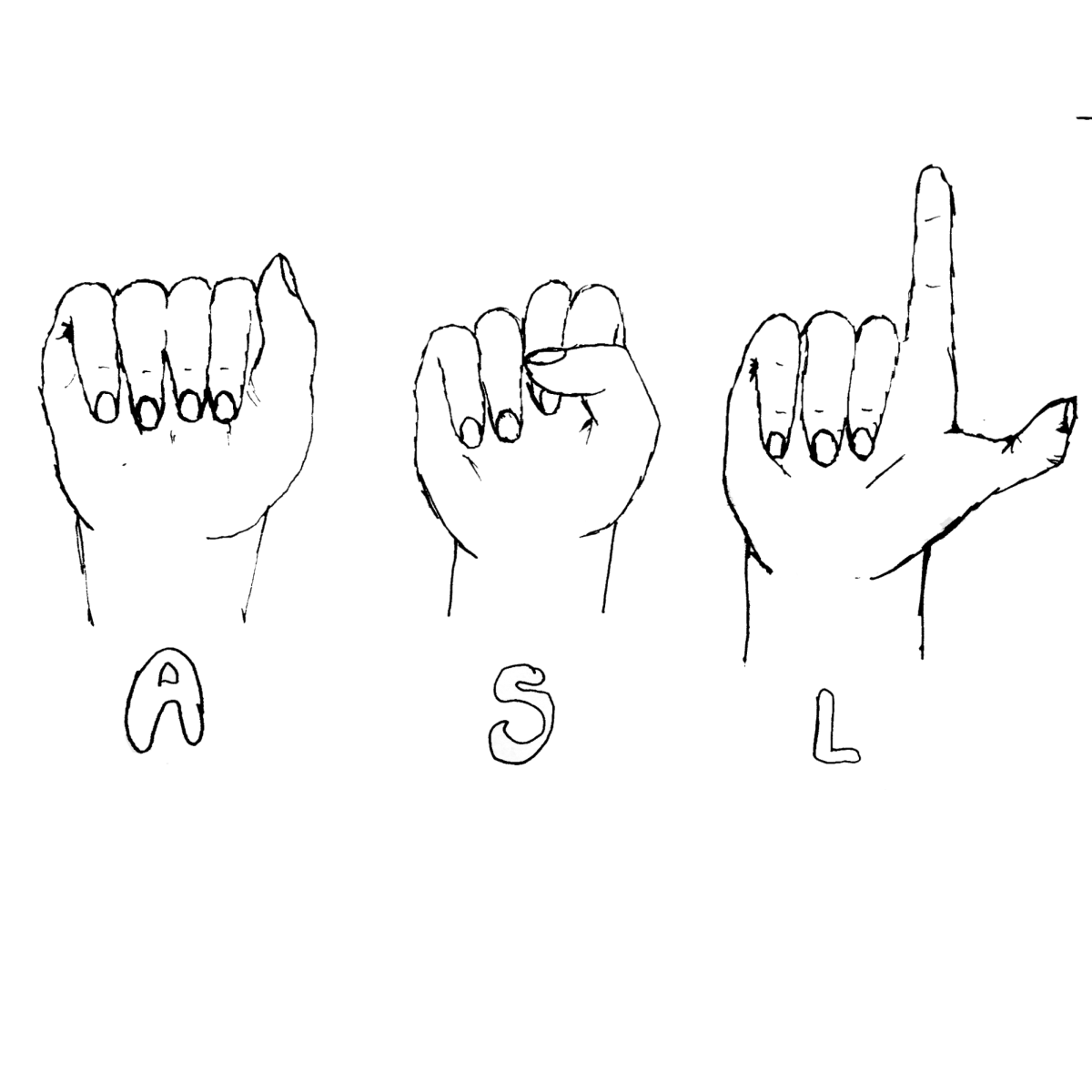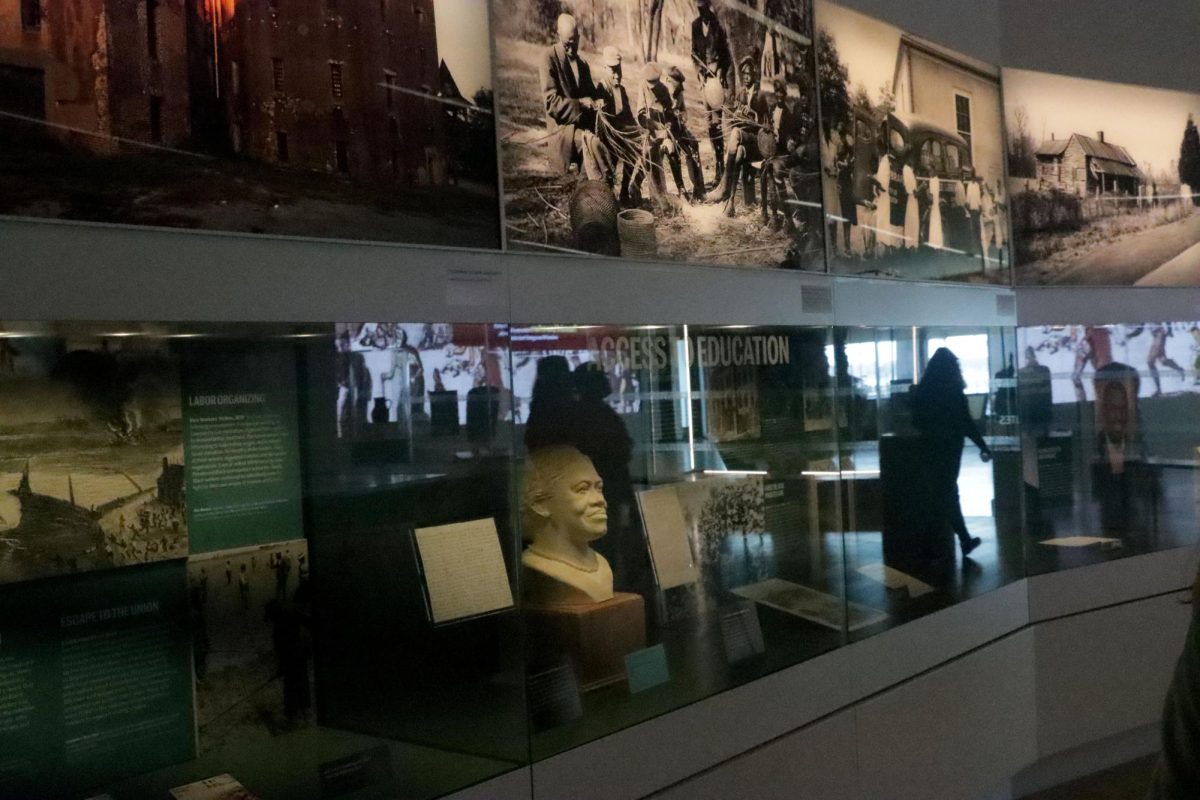Wow. For us seniors, August 6 was our last first day at school, at least as we’ve always known it. For some of us it may have been bittersweet. But I suspect for many others it felt freeing: after four long, tough years, we’ve finally reached the finish line.
Some of us are taller. Some of us are smarter. Some of us are more confident, more outgoing, more organized. We’ve grown up; old, almost. It’s hard to believe that after so long, our lives are only just beginning.
Yet that leads to another question: where do we go from here?
It’s scary to think about the future sometimes. It is to me, at least. There’s a whole world of possibilities out there waiting for us. And of course, there’s always the risk of failure. Of messing up just when we’re so close to starting the next chapter of our lives. What if we don’t get into our dream college? What if we don’t feel ready to move out and move on yet? Worst yet, what if the life waiting for us at the threshold isn’t what we thought it would be?
It’s a lot to handle for a young adult, no matter what we may have overcome in the past. General stress and anxiety is something that many struggle with, no matter their age or walk in life. And whether diagnosed with a medical condition (generalized anxiety disorder affects 19.1% of adults in the US) or otherwise, it can seem like many different things: a nervous sensation, a wall that holds you back, a sinking feeling of dread.
Anxiety can arise over a number of things, including possible financial insecurity during college and learning to fit in with new groups of people. Senior Dante Green said he thinks about both.
Green said the anxiety he sometimes feels is mixed with hope, however. He is excited to meet new people, experience a different environment, and have more freedom as an adult. Green plans to major in elementary education and minor in administration.
Senior Sage Osburn is unsure what he wants to do once he graduates, which may in itself be a stress factor for others in his position. Osburn said he worries about employment opportunities, whether they be during or after college or within the workforce.
Generally, though, he thinks of adjustment on the whole. “I know out there, things are a lot different from things at school,” he said. “So [I’m] definitely [worried about] trying to get the experience, to understand how to function outside of school.”
But just like how different factors contribute to anxiety, there are also different remedies for it.
Personally, I’ve learned it’s okay to feel unsure about the path ahead. It’s impossible to know everything that will happen. It’s almost fun not to. If everything went according to plan all the time, there would never be opportunities for good surprises. Do your best and wing the rest.
Green has similar advice: “Don’t worry about it as much as you worry about other things.” He added how it’s essential to remember your priorities at the same time. “Living in the moment but also being aware of what [comes next] is very important, and you have to be able to find a balance.”
On the other extreme, getting too caught up in future plans has its downsides. “[Make] sure you’re not speeding up your life,” Greensaid, “because life goes by really quickly, and you don’t want it to escape before you see it.”
Green deals with anxiety on a smaller scale in a few ways. “I’m a very religious person, so I seek peace in prayer,” he said. “I’m also really into music. I’ll listen to a song, do some karaoke in my room, jam out. Just something I know I like that can relax my mind.”
Osburn said talking about anxiety with another person can help to relieve it as well. And while he doesn’t precisely know what the road ahead will bring, he said the good outweighs the bad when it comes to his feelings about it.
His advice is similar to Green’s: to plan and be prepared, but also not take things too heavily, especially if the unexpected happens. “In the end, we’re all human,” Osburn said. “We make mistakes, we learn from them, and we grow.”










